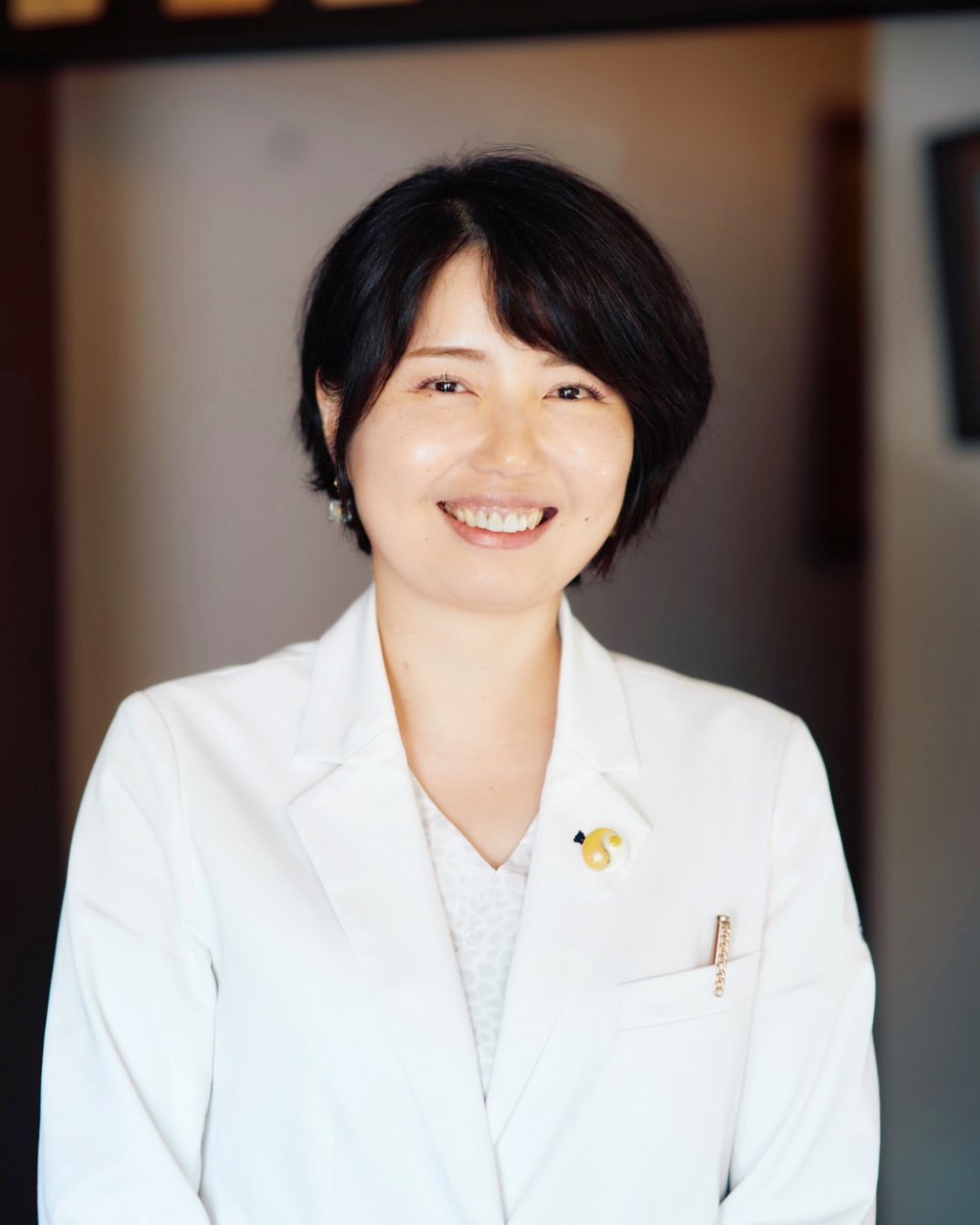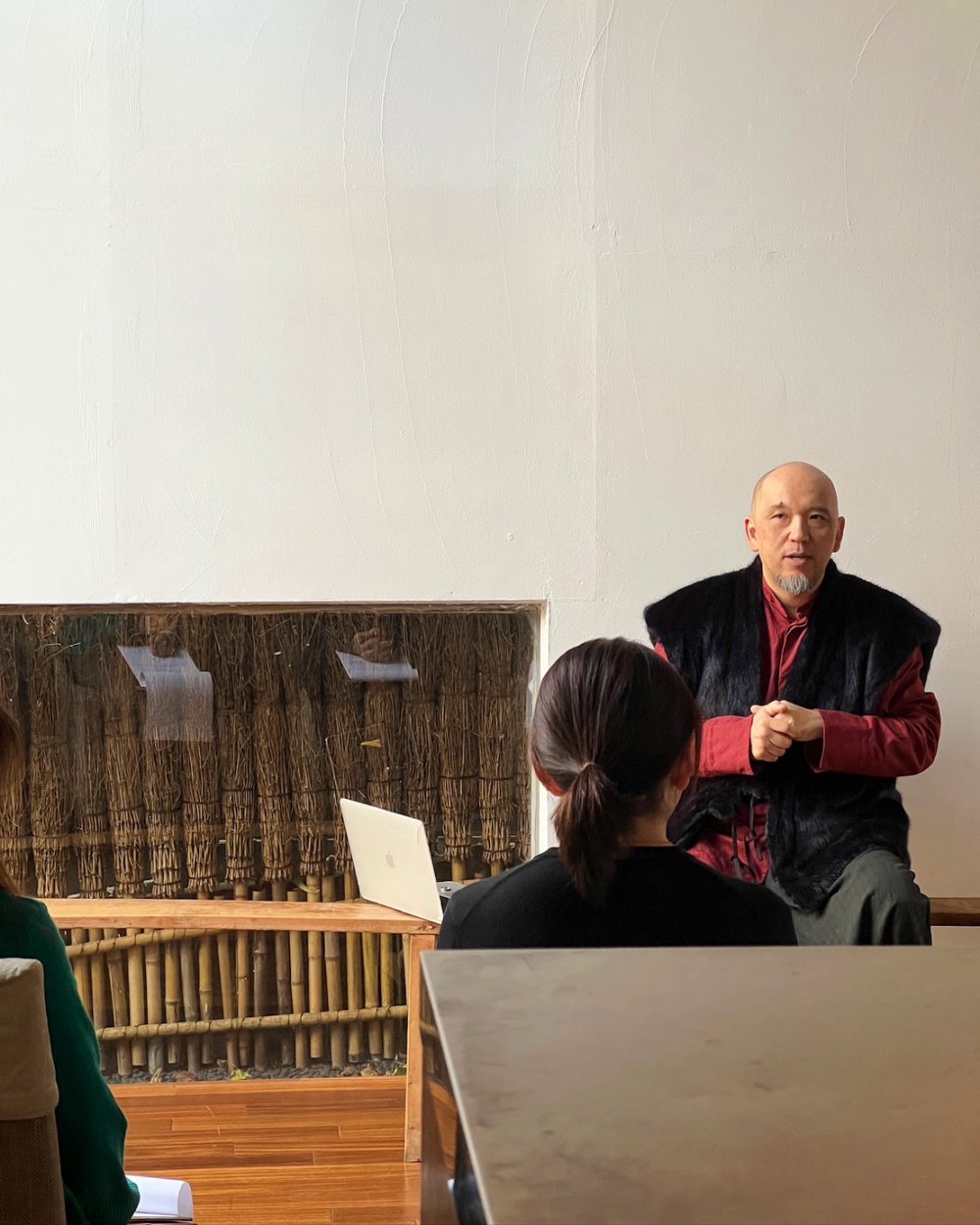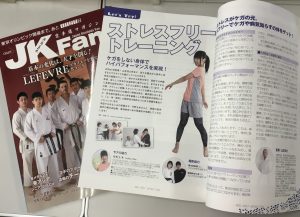or alteration of any information on
this site is strictly prohibited.
Acupuncture treatment and
Kampo medicine in Jiyugaoka
Philosophy of Kakikofu

“Wakonkansai – Onko Chishin”
“Respect the old to create the new. Carry a Japanese spirit with Chinese wisdom.”
This is the foundational principle of Kakikofu.
和魂漢才(Wakonkansai) means “a Japanese spirit with Chinese learning.”
It expresses the idea of maintaining one’s cultural and spiritual identity while embracing the valuable knowledge and techniques from outside one’s own tradition—in our case, the profound medical system of classical Chinese medicine.
温故知新(Onko Chishin) means “to review the old and understand the new.”
By learning from the wisdom of the past, we gain the insight to create new, meaningful approaches to healing and life today.
We believe that medicine is not all-powerful, but the human body holds incredible potential.
If that potential can be awakened, then it no longer matters whether a technique is old or new, Eastern or Western—what matters is whether it works, and whether it helps.
This simple truth is the heart of our work.
Modern medicine plays an essential role, and we respect its strengths.
But when it reaches its limits, we offer support rooted in traditional methods.
At Kakikofu, we integrate classical Eastern medical theory with the insights of modern biomedical science, working across diagnoses and categories to provide care tailored to each individual.
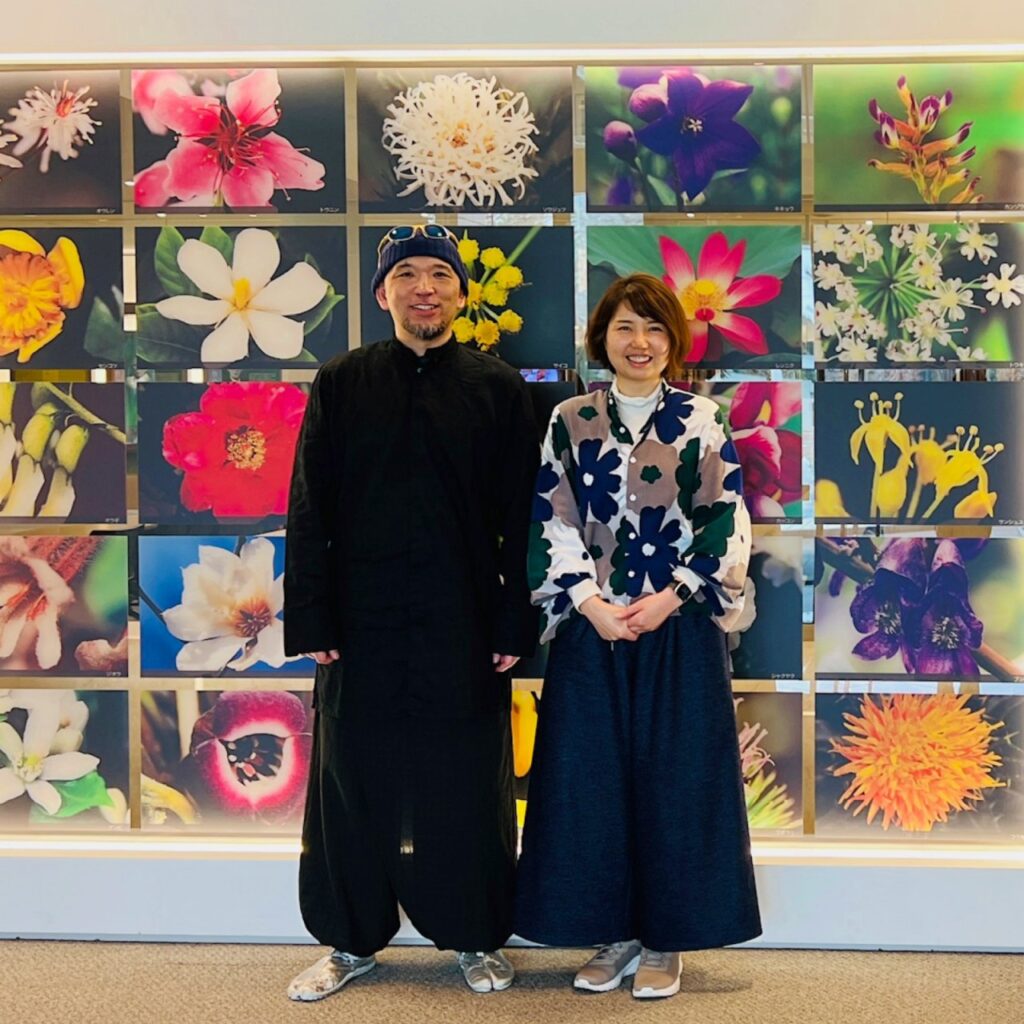
As practitioners born in Japan, we feel a deep responsibility to carry forward the wisdom of our ancestors.
We study the heart of the old masters, inherit their techniques, and strive to pass them on through both practice and teaching.
We teach those who truly wish to learn, regardless of nationality or background.
Our goal is to share the strength of Kampo medicine and traditional healing with people around the world.
Illness and injury know no borders—not of race, religion, gender, or age.
We are simply human beings living on this Earth together.
And with that in mind, we continue walking the path toward a more compassionate, integrative, and holistic future of medicine.
About Kaori & Hiroshi
Kaori of Kakikofu has studied both Kampo medicine and Yakuzen(medicinal cooking)and modern TCM and has over 20 years of clinical experience as an expert in traditional medicine.
Hiroshi utilizes over 40 years of Japanese traditional martial arts training to apply Seitai (Manual therapy techniques). He also employs traditional Japanese Kanshin acupuncture.
Furthermore, the couple practices Qigong and holds qualifications as Qigong instructors.
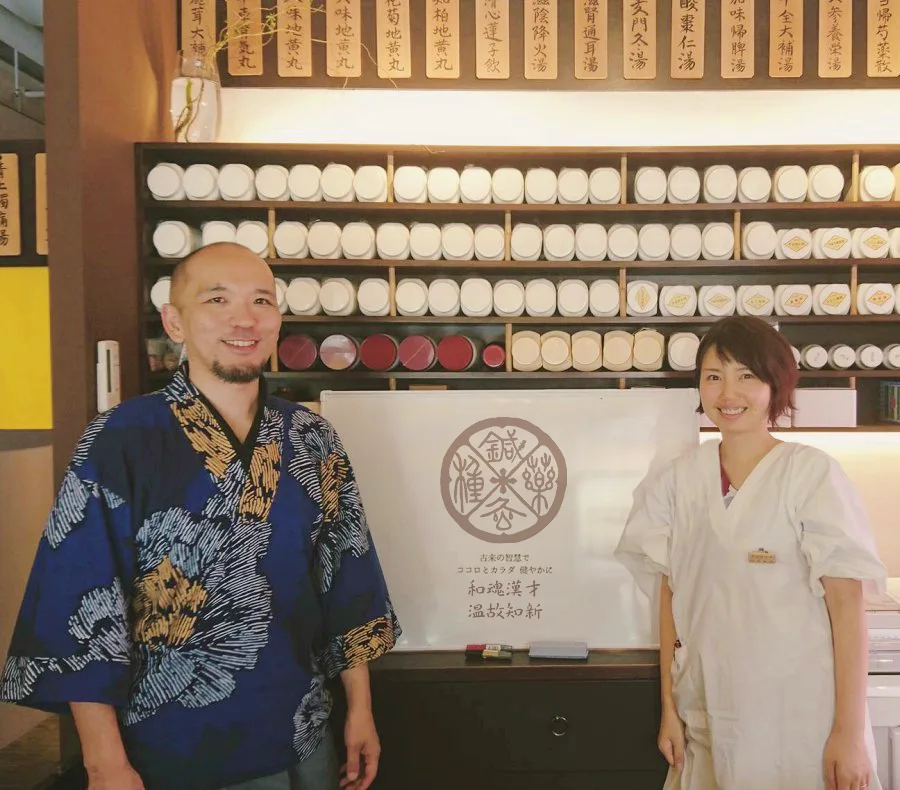
登録販売者
国際中医師
国際中医薬膳師
無極自然門気功師・国際気功師
2024年11月30日
「いつものお茶+身近な食材で まいにちのちょい足し薬膳ドリンク」出版
2021年1月15日
「漢方薬絵ずかん」出版
はり師・きゅう師
無極自然門気功師・国際気功師
Kampo and Shinkyu Clinic Kakikofu
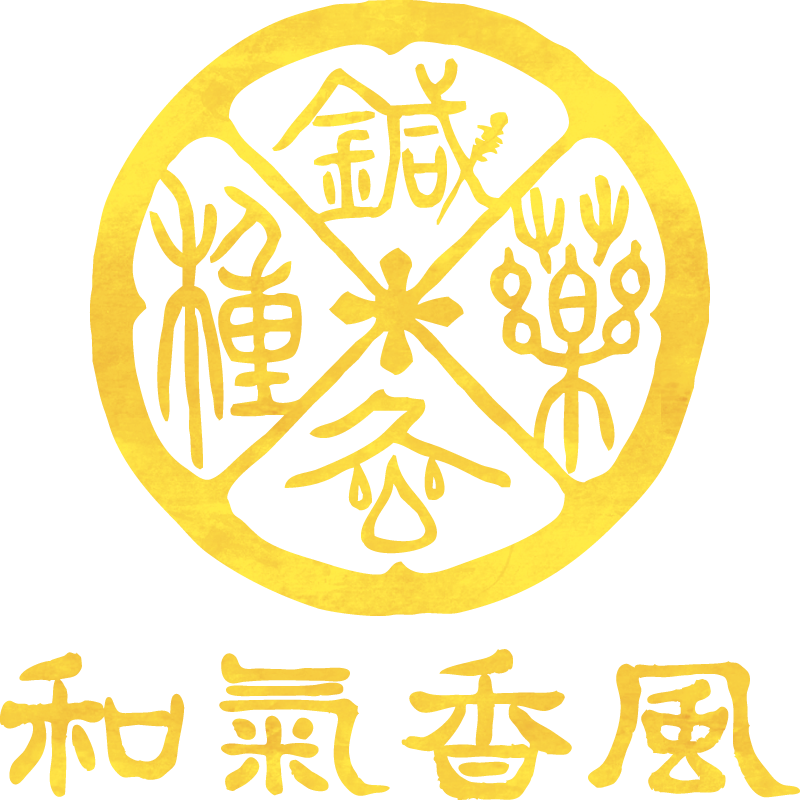
Kakikofu is a specialized clinic in traditional Kampo medicine that started in Jiyugaoka, Tokyo in 2017.
The clinic is managed by a husband and wife team.
Yamamoto Kaori is an expert in Kampo medicine(漢方and Yakuzen (薬膳) or traditional medicinal food therapy.Yamamoto Hiroshi is a specialist in Shinkyu (鍼灸) or acupuncture and Moxibustion, Seitai (整体 )which is a PNF like treatment, and physical exercises. They are able to address the various illnesses and injuries of their patients.
Since opening, we have been serving many international visitors, foreign residents in Japan, expatriates, and students. Our goal is to support your health using traditional Japanese medicine, ensuring you can fully enjoy your time in Japan.
Please note that if you experience sudden symptoms such as a high fever, severe headache, nausea, bleeding, dizziness, paralysis, or loss of consciousness, these are medical emergencies that require immediate attention at a local medical facility. For example, the Tokyo Station International Clinic is available for urgent care.
After receiving a diagnosis from a physician, if you continue to feel unwell or experience issues such as back or knee pain while traveling, a sprain, lingering cough after a fever, digestive discomfort due to environmental changes, sleep disturbances, or delayed menstruation, please consult our clinic.
We also welcome individuals with chronic conditions such as diabetes or heart disease who are interested in trying Japanese Kampo medicine. For those suffering from chronic pain, neuralgia, nerve paralysis, or muscle stiffness, we offer acupuncture treatments tailored to your needs.
Our clinical experience with these conditions extends to both Japanese and international patients. We are dedicated to helping you enjoy your stay in Japan and supporting your health and well-being throughout your journey.
Kakikofu, Kaori&Hiroshi
We accept payments in cash (Japanese yen) and various credit cards. For pricing details, please refer to the link below: https://kakikofu.com/en/treatment-menu/
About Kampo Medicine
Around the 16th and 17th centuries, cutting-edge Chinese medicine from the Jin (金),Yuan ( 元 ), and Ming (明) dynasties began to be imported and widely studied in Japan. However, by the Edo period, it became apparent that these medical practices did not suit the Japanese environment and circumstances.
This led to a trend favoring older " Han" (漢) medicine, which is what "Kampo" (Han medicine) refers to.
Modern TCM is mainly based on Jin-Yuan medicine" ("金元医学 ) whereas Japanese Kampo is based on " Han medicine" (漢医学). During the Edo period, Kampo medicine from various periods merged with Western medicine (蘭方) from Portugal or the Netherlands. This formed the foundation of Japanese medicine, which continues until today.
In the same period, acupuncture also developed tools that suited the Japanese physique better. One such tool is "Kanshin/Kudabari (管鍼 ) which is a unique Japanese instrument. It is said that over 100 techniques were devised to use this tool during the late Edo period.
These techniques have been organized and are now used in modern acupuncture education. A characteristic of Kanshin is the use of a needle finer than a strand of hair, which is inserted into a tube. This process of Kanshin allows the needle's stimulation to penetrate deeply to treat diseases and symptoms while minimizing pain.
Main Services at Kakikofu
Kakikofu is a wellness space rooted in the philosophy of traditional Eastern medicine, offering integrated care and wisdom for modern life.
Kampo Consultations & Herbal Medicine Sales
Medicinal Food Ingredient Sales (Yakuzen)
Acupuncture & Moxibustion Treatments
Lectures & Workshops for Corporations and Institutions
Supervision & Writing in Kampo and Yakuzen Medicine
Supervision & Collaboration Projects
– Gentle on the body, nourishing to the soul –
Some examples of collaboration include:
Our offerings include:
Past Projects & Collaborations
International Activities
Our clinical case
Kakikofu welcomes not only Japanese clients but also many foreign tourists and expatriates.
Visitors include those who fall ill during their travels, those wanting to improve chronic conditions, and those simply seeking to maintain their health.
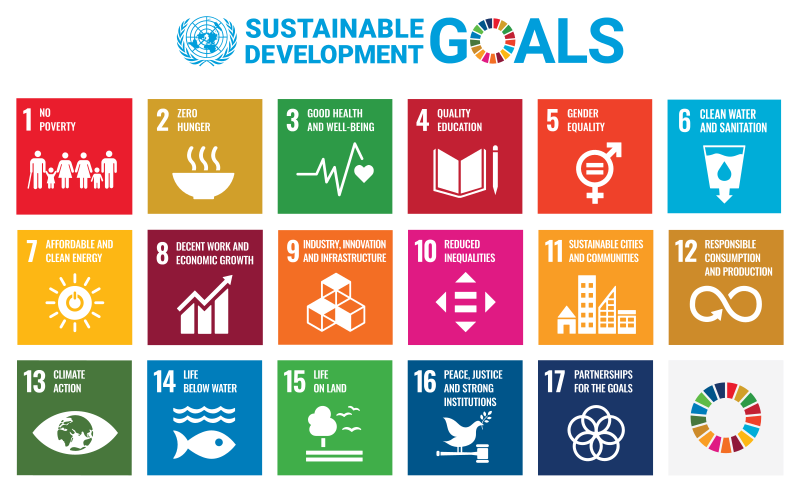
We are waiting for you
at Jiyugaoka.
Kakikofu operates by
appointment only.
Please note that we may not
be able to accommodate walk-in visits on the same day.
Be sure to make a reservation
via email in advance.
or alteration of any information on
this site is strictly prohibited.
Acupuncture treatment and
Kampo medicine in Jiyugaoka

